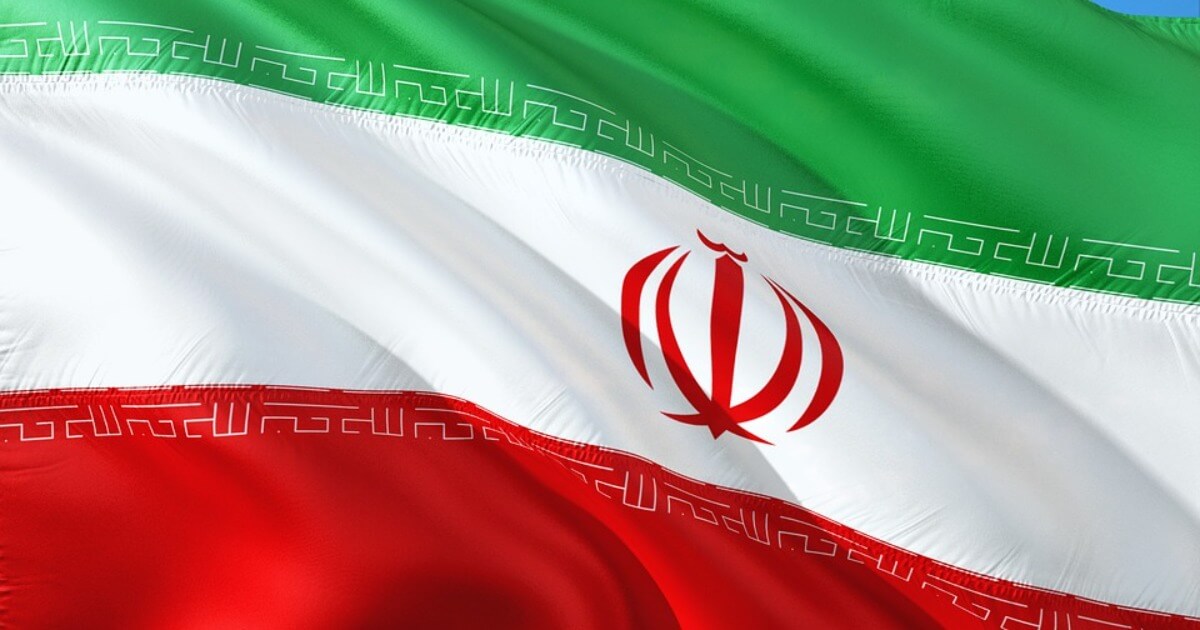Iran: No Deal Is the Only Bad Deal
A nuclear deal with Iran, whatever its final shape, is not the end of the story.
July 2, 2015

As negotiations for a definite agreement on the nuclear issue between Iran and the P5+1 states enter the final stretch, the usual warnings about the dangers of a “bad deal” have become louder again.
Yet the real danger in these negotiations is not to have a “bad deal,” but to have no deal at all. I realize that U.S. President Barack Obama has just made the opposite argument.
However, a failure of negotiations would have grave consequences for both sides. For the international community, it would not only constitute a major blow to the non-proliferation regime, but could even be the starting point of a regional nuclear arms race.
This would include countries such as Saudi Arabia, Turkey or Egypt.
While the centrifuges would keep spinning, the monitoring of Iran’s nuclear sites would become almost impossible. As a consequence, the so-called breakout time will be diminished.
Iran will be able to develop nuclear weapons in a short time, without anybody noticing. The only means left against this threat would be military ones.
However, despite the eager saber rattling of some in the United States, such as Senator (and now Presidential candidate) Lindsey Graham, in the real world there is little to no appetite for such a scenario.
Nor is there any viable military planning.
The unpleasant consequences
The pursuit of such a strategy would not just inflame a region already in chaos, but also lead to massive human suffering and high costs to everyone involved.
In Iran itself, the fallout from a “no deal” scenario is bleak. Irrespective of the “red lines” recently claimed by Iran’s supreme leader Ayatollah Ali Khamenei, continued sanctions do not help his regime.
Political tensions inside Iran would mount, exacerbate rising unemployment and further impoverish the middle class. That is a recipe for dissatisfaction, unrest and possible instability.
The “better no deal than a bad deal” rhetoric also stems from a distorted perception of a possible deal’s political nature. It will be an agreement whose real value will only reveal itself over time, during the crucial verification process.
This will require a lot of additional effort — on both sides of the negotiating table. This is no time, in particular, for the Western side to go soft on Iran.
Only if the transatlantic partners stand together, ready any time to reinstate the sanctions should Iran not comply with the regulations, will the process move in the right direction.
They must also work together to assure Israel that they will not abandon their commitment to its security in the face of a nuclear deal. This political process, in the long term, could also lead to engagement with Iran on other questions.
Of course, Iran in its present condition cannot be a real partner to Europe or the United States. Its dire human rights situation, its continuing support to extremist elements such as Islamic Jihad and the Assad regime, as well as its denial of Israel’s right to exist, undermine any trust-based relationship.
But the engagement triggered by a nuclear deal carries a higher chance of improvement in all of these crucial fields than a “no deal” scenario. That would only lead to further entrenchment and radicalization of Iran’s regime.
Thus, anyone interested in the limitation of nuclear arms, the strengthening of international institutions and an improved economic perspective for Iranians should not sign up to the “bad deal” argument. For all of them, the only “bad deal” is a “no deal.”
Vested interests of the “better no deal” group
The other position (“better no deal”) only strengthens those forces that seek short-term political advantages from fear mongering.
This group includes conservative Iranian parliamentarians who are anxious to retain their influence in the face of next year’s parliamentary elections which could bring back the more moderate side of the regime.
On the U.S. side, this includes junior U.S. senators, such as Tom Cotton of Arkansas, who see the issue as an easy way to acquire some political profile (and, this being America, solicit campaign contributions).
They evidently don’t seem to understand that they are not only attacking their own government, but also gratuitously irritating the international community and its institutions.
Then there is Israel’s Prime Minister Benjamin Netanyahu. Against the views of his own security establishment, Netanyahu continues to present the deal as a horror scenario from which only he can save his country.
And finally, there is Saudi Arabia. It fears that even a minor rehabilitation of Iran could expose the Saudi royals’ own catastrophic human rights record, never mind its ongoing support of extremists and authoritarian regimes throughout the region, as well as the atrocities it commits in its war against Yemen.
A nuclear deal with Iran, whatever its final shape, is not the end of the story. It is the beginning of some hard and messy political work for everyone involved.
This is not the rosy perspective some might have hoped for, but it is a solid perspective. The alternative to this is economic — and eventually even military — warfare. And that would definitely be a bad deal.
Takeaways
A deal with Iran is the beginning of some hard and messy political work for everyone involved.
The “better no deal than a bad deal” rhetoric ignores a possible deal’s political nature.
Iran in its present condition cannot be a real partner for Europe or the United States.
A “no deal” scenario would lead to further entrenchment and radicalization of Iran’s regime.
Read previous

Global Economy
Benefits of the Greek Crisis
July 1, 2015